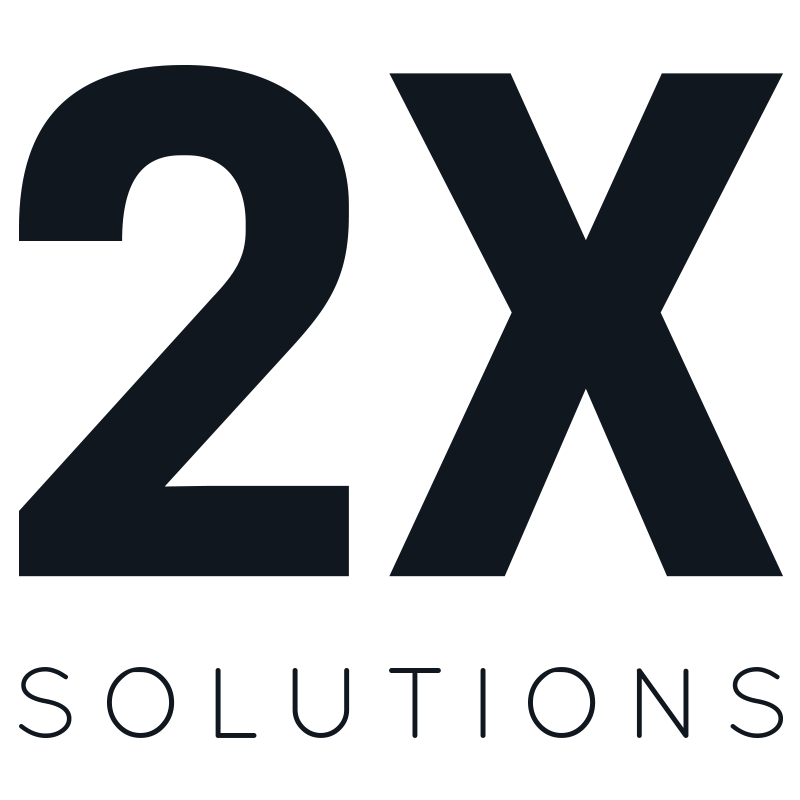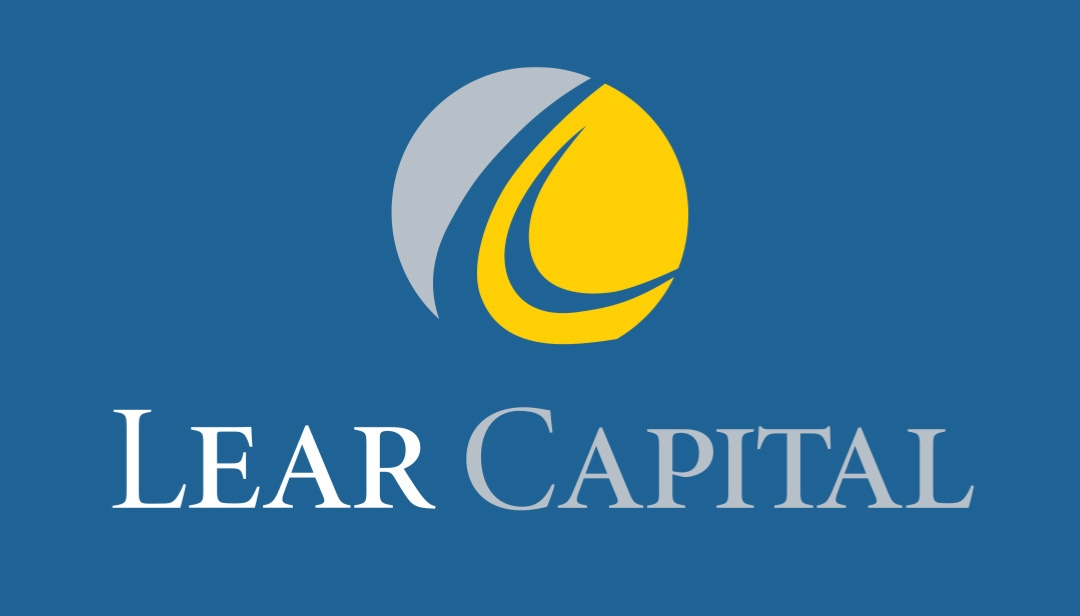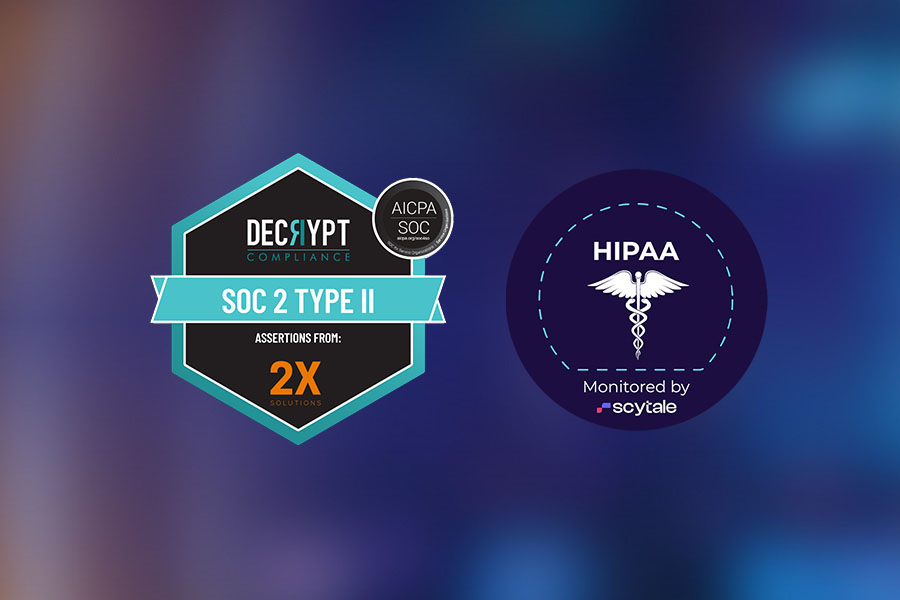Achieving full efficiency in your HR team requires innovation. HR professionals cannot deliver exceptional accuracy and service when burdened by highly manual processes, fragmented information, frustrated employees, and inefficient communication. With conversational AI for HR support and counseling, your team can streamline training and development while providing personalized support at scale.
Understanding Conversational AI
Voice AI models use intelligent technologies to analyze human speech and curate natural responses for automated back-and-forth communication. The basic components of conversational AI include the following:
- Speech recognition: This technology allows AI to translate audible speech into text.
- Natural language processing: How AI models analyze complex language, human errors, and context to understand the meaning of speech for appropriate response generation.
- Text to speech: The tech that translates text into audible, spoken language.
In the world of HR, voice AI allows you to provide personalized support for common employee questions while automating processes like recruitment through vast data analysis.
Transforming Employee Assistance With Conversational AI
In HR, one of your primary responsibilities is employee assistance. However, supporting employees can become unnecessarily time-consuming when team members frequently ask the same questions. Voice-driven chatbots and other conversational models can empower your HR team to provide the following:
- 24/7 availability with consistent support: Your HR team likely cannot tend to all your employees around the clock, but a trained chatbot can. Conversational voice AI can provide helpful, accurate information to your employees anytime.
- Personalized support and self-service: Conversational AI leverages your integrated CRM to provide employees with personalized support tailored to their needs. For example, an employee may log into their dashboard page to schedule a meeting but encounter an error. The model could recognize the employees’ positions and prompt them with support material when scheduling meetings.
- Streamlined workflows for reduced busywork: Artificial intelligence can analyze performance over large data sets to help your HR team locate more efficient operational paths.
How Your HR Team Could Leverage Conversational AI

The benefits of conversational AI for HR support and counseling extend far beyond basic employee assistance. Your HR team can leverage voice AI models in the following ways:
Addressing Common Employee Questions and Concerns
Do your employees often ask the same questions regarding time off, payroll, company policies, etc.? If so, you can use chatbot models to automate the response process. This reduces the workload on your HR staff while offering employees an instant resolution to their questions.
For example, say an employee does not know whether they can wear open-toed shoes to the office. Rather than requiring them to email HR, which results in more manual work and a delayed response, the employee can simply send a chat message to their personalized support system. By increasing the availability of support, your HR team can ideally boost employee engagement, job performance, and adherence to company policies.
Onboarding and Training New Employees
The onboarding and training process for every new employee at your company likely involves intensive assistance and support. Rather than expending resources on one-on-one onboarding, you can leverage recruitment automation for highly personalized and streamlined training. Such voice models can walk new hires through the onboarding process, providing real-time support and answers to any of their basic questions.
Administration and Enrollment Support
HR professionals must support employees while handling numerous administrative tasks, such as keeping employee documentation up to date or enrolling workers in the required educational courses. These highly manual tasks consume your team’s resources, so why not automate them for better precision and efficiency across the board?
Conversational AI models can comb through information from the web to provide your HR team with succinct information on the latest courses. Next, the system can handle the time-consuming enrollment process by leveraging your CRM, allowing your team to focus on more complex matters.
Employee Well-Being and Mental Health Support
Employee burnout is a major concern among numerous industries, impacting employee health and organizational success. The latest AI systems can detect early signs of employee burnout and other mental health concerns by analyzing communicative patterns. With this perception, managers or HR teams can open the discourse early on to provide intervention before the concerns continue escalating.
Building a Successful Conversational AI System for Your HR Strategy

Developing efficient and effective conversational AI for HR support and counseling requires more than just downloading a pre-configured app. Here are the basic steps your team would need to execute:
1. Identify Needs and Define Use Cases
An HR team for a hospital has different needs than an office supply company’s HR team. You need to identify what you hope to achieve from the AI system you adopt. Here are some example needs or use cases you could list when defining your strategy:
- 24/7 live chat
- Personalized employee support
- Automated recruitment support
- Automated onboarding and training
- Administration support
- Performance management analysis
- Compliance and quality assurance
- Data analysis
- Data privacy
2. Choose the Right Conversational AI Platform
You have many platforms to choose from for conversational AI models. The following are some of the most popular options:
- Google Dialogflow
- ChatGPT
- Microsoft Azure Bot Service
- IBM Watson Assistant
- Amazon Lex
- Convin
You can also decide between open and closed models. Open models pull data from extensive, public knowledge bases, while closed systems allow you to develop your own private model, but you must pull in all of the data yourself. Selecting the right conversational AI platform involves many considerations, so you must work with expert AI consultants for an ideal outcome.
3. Integrate Conversational AI With Your Existing HR Systems
Next, you would need to integrate the conversational AI model with all backend systems, including your CRM, ERP, or other HR platforms. When working with expert AI consultants, they can walk you through the integration process. Full integration with your systems ensures ideal efficiency and communication moving forward.
4. Train and Optimize for Maximum Results
Finally, the conversational AI system must be trained to your unique business to provide your employees with maximum results. When relying on an open, public database, the information can be too vast to provide specific enough answers.
For example, if an employee asks, “How do I schedule a meeting?” the system may pull answers from all Google searches on scheduling a meeting with Google Meet rather than how to schedule a meeting specifically on your work platform.
You must train the system to work for your HR team to avoid vague or irrelevant answers and other complications. With a closed model, you would still need to pull all relevant data in. Again, your expert AI consultants would handle such training for you.
What ROI Can Your HR Team Yield From Conversational AI?
HR teams using conversational AI can see a minimum 200% return on their investments, assuming they adopt the correct system and train it properly by working with an expert team. This ROI comes from:
- Increased cost savings from heightened efficiency
- Boosted employee satisfaction and engagement for better productivity
- Improved HR team productivity and morale
Ethical Considerations of Conversational AI in HR

While conversational AI for HR support and counseling can yield astounding benefits, you may also need to consider a few of the ethical questions surrounding the technology, such as the following:
Data Privacy and Security
Open AI models like ChatGPT rely on public databases, which can raise data privacy and security concerns. You can mitigate these risks by working with AI consultants who help you implement additional security measures. You may also choose to adopt a closed system for added privacy and customization.
Transparency and Bias Concerns in AI Decision Making
Bias concerns can arise with AI models when you use unequal, skewed, or unsuitable datasets, leading to incorrect or discriminatory answers. For example, if only one person trains the model without offering diverse data, the vocabulary used in your system could discriminate against some of your employees. You can prevent this concern by relying on open systems with vast data and working with experts.
The Role of Human HR Professionals in the Age of AI
As conversational AI automates many HR tasks, HR professionals may become increasingly concerned over the validity and security of their job positions. While AI may be able to automate simple tasks, it cannot replicate complex human interactions, emotional exchanges, and other delicate situations that HR professionals deal with daily. If your team displays any backlash against the technology, you must remind them that the system will not replace their jobs but rather make them easier.
The Future of Conversational AI in HR
Trends continue to emerge in AI, forging the path for breakthrough technology. From AI-generated video content to predictive AI, the continuous improvement of these systems offers promising long-term benefits for any HR team seeking heightened efficiency.
2X Solutions: Helping Your Team Become More Efficient With Conversational AI
At 2X Solutions, we guide you through the adoption and training process for your team’s conversational voice AI. Get in touch with 2X Solutions today to learn more about our conversational AI for HR support and counseling.





